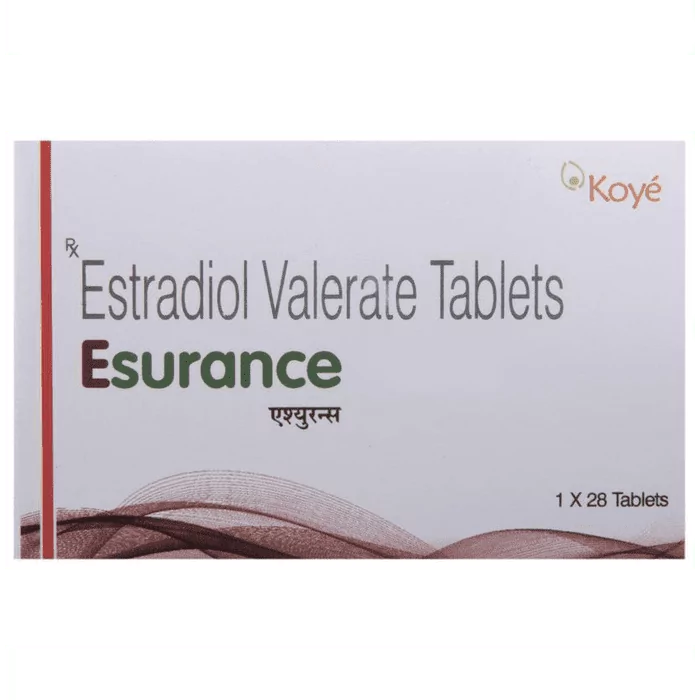Menopause refers to the natural biological process in a woman’s life when she stops having menstrual periods permanently.
Thus, menopause marks the end of a woman’s reproductive years.
Women often use herbal remedies during menopause for natural relief with minimal side effects in an attempt to find relief from the symptoms.
Hence, this article explores the herbs for menopause, discovering all-natural remedies that relieve the difficulties presented by this transformative stage of life.
The Role of Herbs in Menopause
Menopause brings about hormonal changes that can lead to various menopause symptoms.
Typically, menopause occurs between the ages of 45 and 55. However, the exact timing can vary.
Recently, there has been a notable shift towards exploring herbal remedies as alternatives for managing these symptoms.
Herbs are widely used in traditional medicine and are getting more and more recognition for potential benefits during menopause.
In the following sections, we will explore the efficacy of specific herbs and their potential roles in promoting well-being during this significant phase in a woman’s life.
Would you like to learn more about when menopause typically begins? Read “when does menopause start”
Save up to 90% on your medicine bills

Progynova 2 mg

Oestrogel 2.5 gm / 1.5 mg

Estrabet 2 Tablet

Esurance Tablet
Best Herbs for Menopause
 Source: zetat_from_Getty Images
Source: zetat_from_Getty ImagesThe right herbs can be vital in providing relief from the various symptoms of menopause.
Black Cohosh: Black cohosh is a flowering plant that is native to eastern regions of North America.
It is a widely studied herb and has shown promise in reducing hot flashes and night sweats.
Dong Quai: Also called female ginseng, is an herb from China, Korea, and Japan, closely related to celery, carrots, and parsley.
It is recognized in traditional Chinese medicine, and may help balance hormones and relieve mood swings.
Red Clover: Red clover (Trifolium pratense) belongs to the legume family and is a herbaceous flowering plant.
It contains Phytoestrogens, potentially easing various menopause symptoms.
Ginseng: it is a popular herbal medicine used to boost immunity, heart health, and energy levels in traditional Chinese medicine.
It is known for its adaptogenic properties, which may enhance overall well-being during this transitional phase.
Chasteberry: It is a medicinal herb from Asia and the Mediterranean.
It helps with menstrual disorders, infertility, PMS, and menopause.
St. John’s Wort: It is primarily known for mood support but may also contribute to managing emotional fluctuations such as Depression.
Understanding the distinct advantages of these herbs is essential in customizing a successful menopause relief plan.
Always seek advice from medical experts to ensure safe and customized use.
Phytoestrogen is a substance found in some plants that can mimic the effects of estrogen in the body when consumed.
Herbaceous plants are non-woody plants, such as most ferns and grasses, which either form tiny amounts of hard woody tissue or none at all.
Alternatives to Herbs for Menopause
 Source: bit245_from_Getty_Images
Source: bit245_from_Getty_ImagesIf herbs don’t work for you, vitamins and supplements can also help improve Menopause symptoms.
Vitamin D, known for its bone-strengthening properties, becomes particularly vital during this life stage.
Calcium supplements further contribute to bone health, countering the increased risk of Osteoporosis.
Omega-3 fatty acids, frequently included in fish oil supplements, may help reduce menopausal-related joint pain and inflammation.
Additionally, Vitamin E exhibits antioxidant properties, potentially offering relief from hot flashes.
To manage menopausal symptoms safely, approach supplements with caution and consult healthcare professionals.
Want to know about self-care for menopause? Read “menopause self-care”
Conclusion
Menopause is the permanent end of menstruation, marking the end of the reproductive years.
The use of herbs as a natural alternative for menopausal symptom relief shows promise for women seeking alternatives to traditional treatments for menopause.
Herbs like Red Clover, Dong Quai, and Black Cohosh may help treat a range of menopausal discomforts.
Even though there is scientific proof that some herbs work, people should still speak with doctors before using these remedies in their daily routines.

Frequently Asked Questions
Can herbs address weight gain and belly fat associated with menopause?
Yes, certain herbs like Black Cohosh and Ginseng have been studied for their potential to help manage weight gain and belly fat during menopause. These herbs may influence hormonal balance and metabolism, offering a natural approach to addressing these symptoms.
Are there specific herbs known for alleviating joint pain during menopause?
Yes, certain herbs, such as Turmeric and Ginger, are recognized for their anti-inflammatory properties, which may help alleviate joint pain during menopause. These herbs reduce inflammation and promote joint health, offering a natural approach to managing this common symptom.
How long does it typically take for herbal remedies to show noticeable effects in managing menopausal symptoms?
The timeline for experiencing noticeable effects from herbal remedies in managing menopausal symptoms varies among individuals.
Some may observe improvements within a few weeks, while others may require several months.Consistency in usage and individual responses to specific herbs contribute to the varying time frames.
What is the recommended dosage for herbs used in managing menopausal symptoms?
The recommended dosage for herbs in managing menopausal symptoms varies. It is important to consult with a healthcare professional or herbalist for personalized advice. Dosages can depend on factors such as the specific herb, individual health, and the form of the herbal preparation (capsule, tea, tincture).
Can herbs help with cognitive symptoms like brain fog during menopause?
Yes, certain herbs, such as Ginkgo Biloba and Sage, have shown potential in addressing cognitive symptoms like brain fog during menopause.
These herbs improve blood flow to the brain and support cognitive function.
However, individual responses can vary, and consulting with a healthcare professional is advisable for personalized guidance.
Cheap Medicine Shop only refers to credible, authoritative sources for our content. If you’re curious about how we ensure the integrity of our content, we encourage you to read our Content Information Policy.














